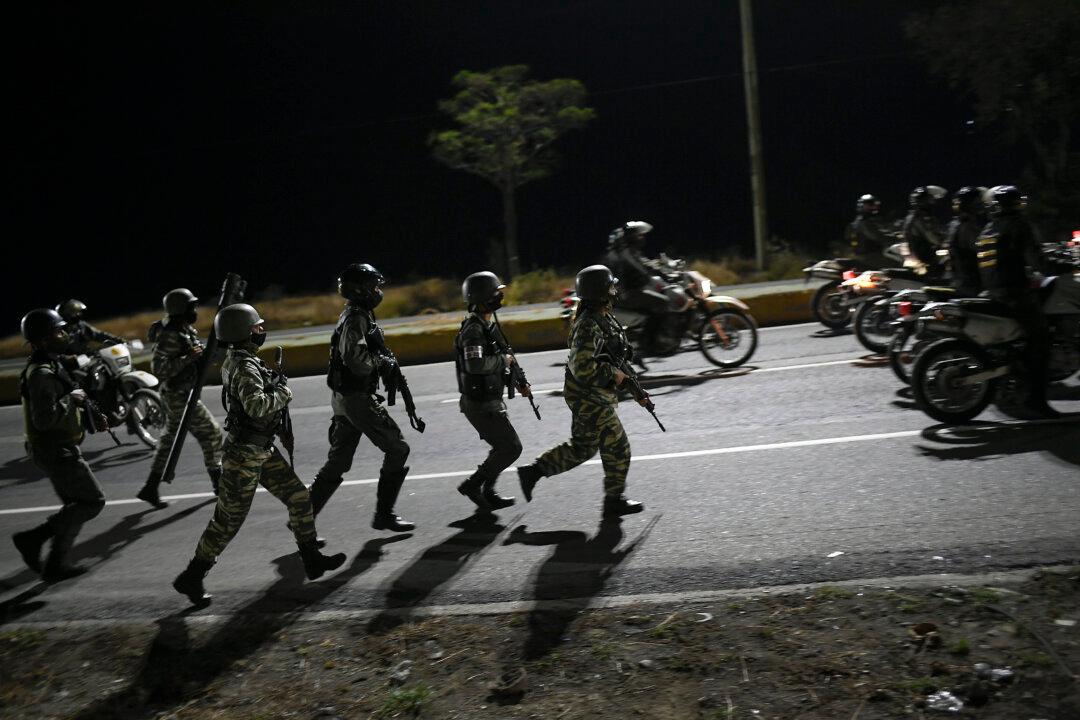WASHINGTON—The Biden administration said Monday it is offering temporary legal residency to several hundred thousand Venezuelans who fled their country’s economic collapse and will review U.S. sanctions intended to isolate the South American nation.
Both measures mark a shift from U.S. policy toward Venezuela under former President Donald Trump.





